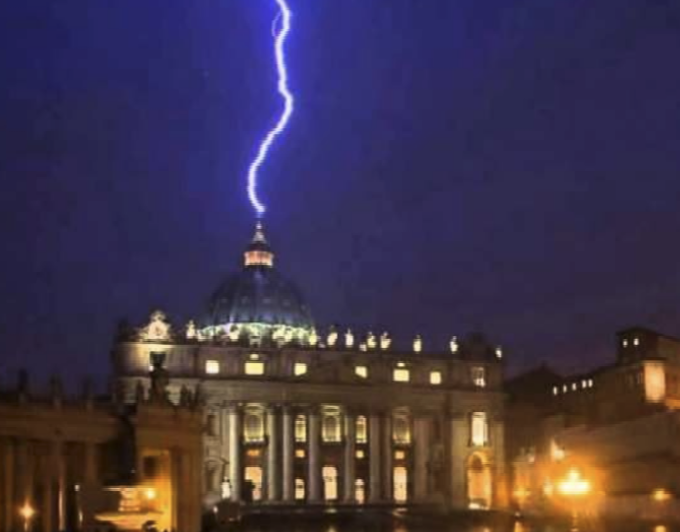It was a piece of great luck for me that the “publish” button was clicked on the new GetReligion blog in 2004 just before I received the unlikeliest assignment of my career — the faith beat at The New Yorker.
I had been writing for the magazine for more than a decade, following my fancy on subjects ranging from politics and war to horse racing and hurricanes. I was a generalist, with the blessed (to me) freedom of
thoroughly exhausting my interest in a particular subject and then, once my piece was published, leaving it behind forever.
This suddenly changed in November 2004, with the re-election of President George W. Bush. The election had been a Republican wipeout, with Bush not only retaining the White House but Republicans strengthening their hold on the House and Senate — the biggest across-the-board GOP sweep since Ronald Reagan’s blowout in 1980.
The result, to say the least, had come as a shock to many in the news business, including (perhaps especially) those populating the corridors of The New Yorker. The magazine had claimed a stake in the election, having published an endorsement of a presidential candidate — the Democrat John Kerry — for the first time in its 80-year history. The lengthy editorial framed the Bush presidency as a creature of a Supreme Court “fiat,” and decried its “record of failure, arrogance and … incompetence.”
To his credit, editor David Remnick thought our readers deserved an explanation of the unexpected (to them) Republican wave. Polling suggested that Republicans owed their victory to a cohort that the media quickly labeled “values voters,” people who supported the War on Terror and believed that John Kerry and the Democrats didn’t represent their values.
At the core of this group, of course, were people of faith who regularly attended worship services. My assignment: Go out among these voters, and explain their motivations to the insular world the New Yorker represents.
I used to joke that I was assigned the faith beat because I was the guy at the New Yorker who’d been to church, and I am, indeed, a believer. But I was anything but an expert on religion, and I quickly learned that very few (of any) reporters in the mainstream media were.
Happily, I quickly discovered GetReligion.org, a website founded on the recognition that the mainstream press didn’t “get” religion.










